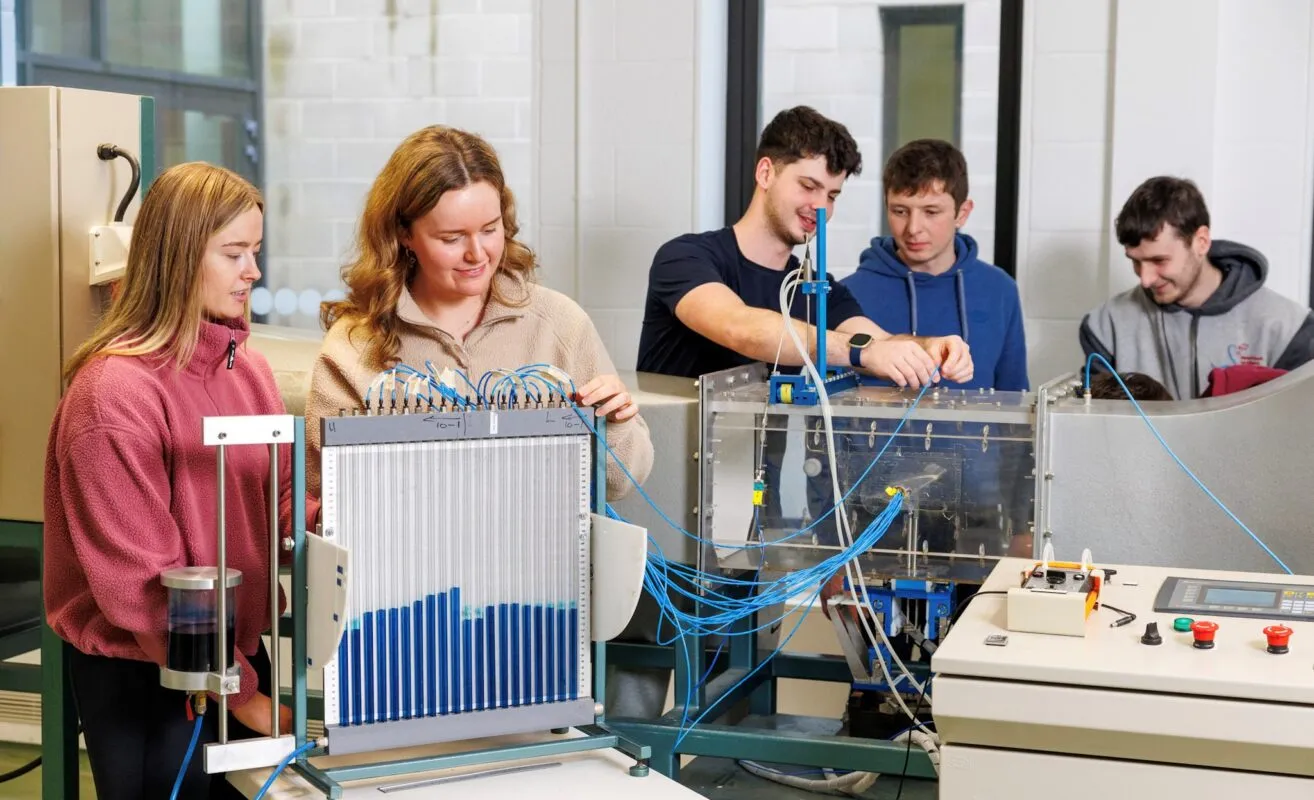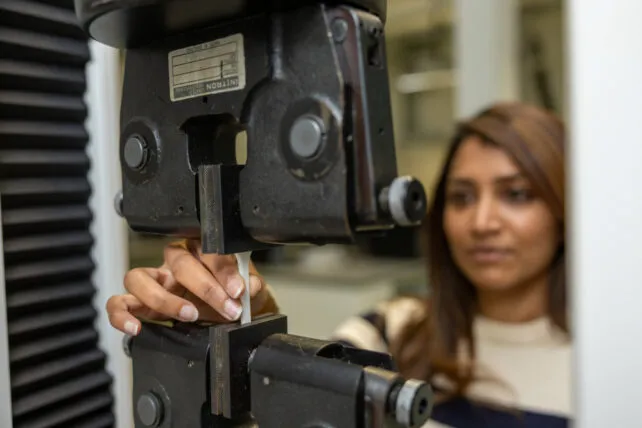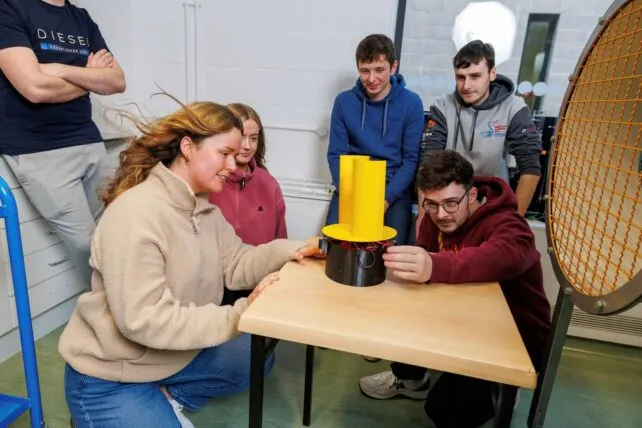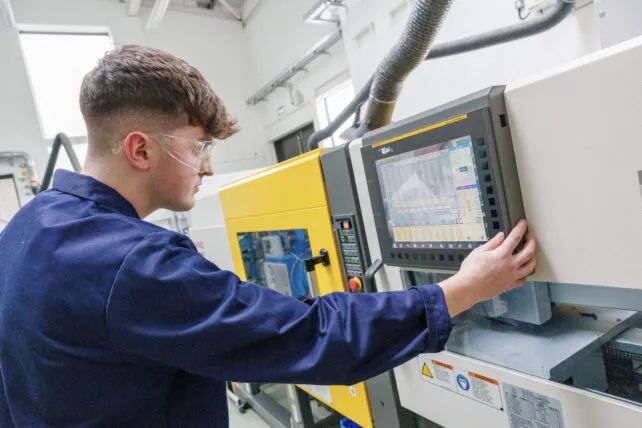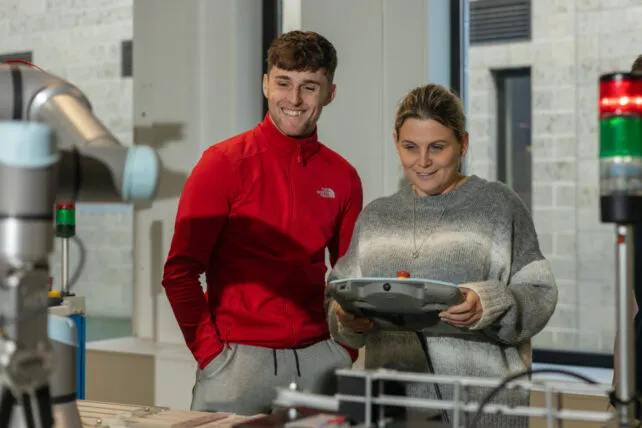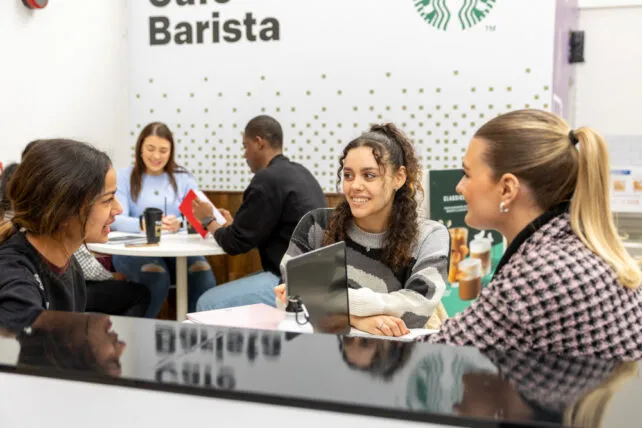Important Information for Engineering (Common Entry) Level 7 – US773
This is a one-year common entry course to the below level 7 degree courses. Successful completion of this Common Entry Year will entitle the student to progress into Year 2 of the following courses:
• BEng in Mechanical Engineering
• BEng in Mechanical Engineering with Energy
• BEng in Polymer & Mechanical Engineering
• BEng in Automation & Robotics


